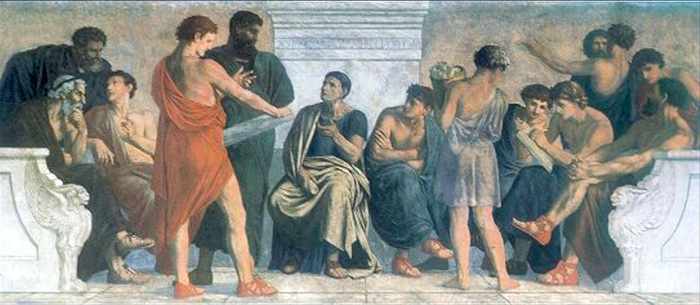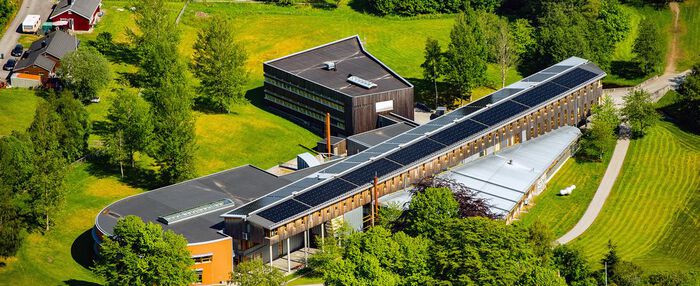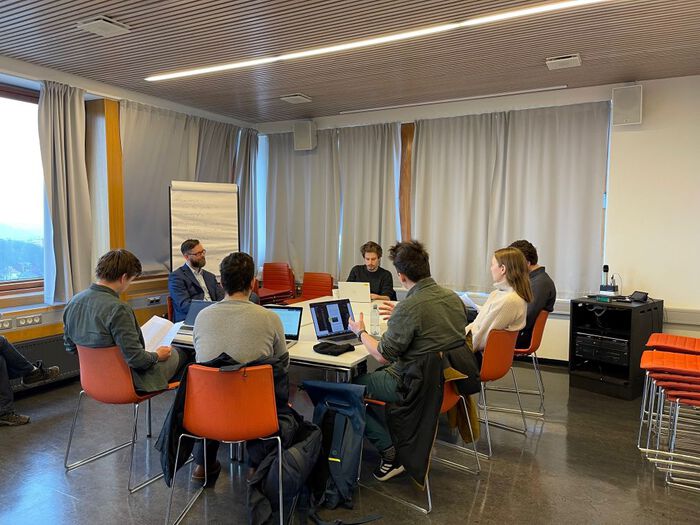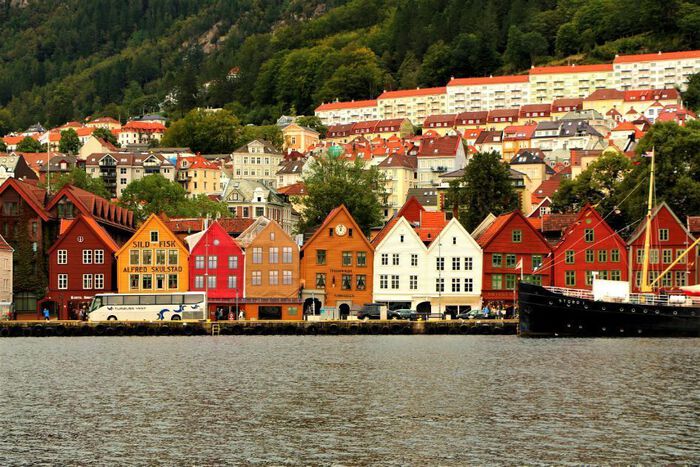Courses
Upcoming
What is the role of history in society? How may historical knowledge and insight help contemporary societies deal with major political and social issues that fundamentally challenge their perspectives and self-understanding? And more precisely, how can historians and historical insights contribute when societies confront painful and difficult aspects of their own histories and contemporary life?
How to write a high-quality PhD dissertation in history? In small groups, students present and discuss their own PhD writing with peers and faculty. This workshop is held in conjunction with the Norwegian History Days 2024.
Previous
What does the digital shift mean for historians? This workshop explores some of the key methodological questions historians encounter when we start using digital tools to answer historical questions. It will also provide training in using digital source materials.
This PhD course grabs the bull by the horns and challenges participants to seriously engage with theory (ideas/principles to explain a practice or account for a situation) and method (planned procedure to pursue knowledge), and highlights the connections between them. We also discuss ethical problems in historical research. This is a 5 ECTS course.
This workshop, organized by the University of Tromsø – The Arctic University of Norway, will address the role of historians in debating and taking part in contested memorialization processes. The workshop includes a plenary lecture and a panel debate, as well as group work on marginalized groups in memorialization processes and the role of historians in confronting “contested pasts”. Participanting and completion of this workshop grants 1 ECTS.
The autumn 2023 Advanced Research Courses offered by the Norwegian Research School in History focus on conflicting and contested pasts, memory wars, and transnational history between states and regions in various parts of the globe, from Oceania and Eurasia to Europe and the USA. The course will take place on Zoom.
How to write a high-quality PhD dissertation in history? In small groups, students present and discuss their own PhD writing with peers and faculty. This workshop is held in conjunction with the Norwegian History Days 2023.
What is a high-quality peer review in a historical journal? How do we write one, and how do we work with peer review reports when improving our article manuscripts? This PhD workshop will be held digitally on Zoom. Course credits: 1 ECTS
What is a high-quality book review in history, and how do we write one? Professional historians are expected to assess books and write book reviews for historical journals, periodicals and press. This workshop explores some of the key issues in writing god book reviews. It offers hands-on training, feedback and discussions. All participants will produce a book review after the standards of historical journals. 1 ECTS digital workshop.
Research ethics and methods are intimately connected. The Norwegian Research School in History (NRSH) invites supervisors at our member institutions to a two-day workshop in Oslo in March 2023. Research in history shall take place in accordance with legal rules and ethical norms. This responsibility lies with the early career researcher, their supervisors and the institutions that employ them. What lies in the supervisor’s responsibility and how do we deal with ethical dilemmas when supervising master students and PhD fellows in history?
What does the digital shift mean for historians? This workshop explores some of the key methodological questions historians encounter when we start using digital tools to answer historical questions. It will also provide training in using digital source materials.
This PhD course grabs the bull by the horns and challenges participants to seriously engage with theory (ideas/principles to explain a practice or account for a situation) and method (planned procedure to pursue knowledge), and highlights the connections between them. We also discuss ethical problems in historical research. This is a 5 ECTS course.
How to write a high-quality PhD dissertation in history? In small groups, students present and discuss their own PhD writing with peers and faculty. The joint module focus on preventing, managing and, hopefully, breaking the writer's block.
How can quantitative methods allow historians to make sense of the ever-increasing wealth of digitalised sources, both numeric and textual? How can historians use quantitative and computational methods to gain a better overview of their source base, ask new questions, and supplement and enhance close reading?
This workshop provides an overview of how quantitative and computational methods are used by historians in order to extract patterns from both qualitative and quantitative sources. This is an online workshop.
How to write a high-quality PhD dissertation in history? In small groups, students present and discuss their own PhD writing with peers and faculty. The joint module focus on how to edit texts to make them more precise and clear.
How to write a high-quality PhD dissertation in history? In small groups, students present and discuss their own PhD writing with peers and faculty. The joint module focus on the art of condense writing: the writing of abstracts. This is a 1 ECTS course held at the University of Bergen, in conjunction with the Norwegian History Days.
What does the digital shift mean for historians? This workshop explores some of the key methodological questions historians encounter when we start using digital tools to answer historical questions. It will also provide training in using digital source materials.
This PhD course grabs the bull by the horns and challenges participants to seriously engage with theory (ideas/principles to explain a practice or account for a situation) and method (planned procedure to pursue knowledge), and highlights the connections between them. We also discuss ethical problems in historical research. This is a 5 ECTS course organized by the University of Oslo.
How to write a high-quality PhD dissertation in history? In small groups, students present and discuss their own PhD writing with peers and faculty. The joint module will focus on how to write convincingly about theory and methods. This is a 1 ECTS online course, organized by Nord university.
This workshop will focus on how to write for the public and discuss the role of future academics in public areas such as for example, government, journalism, and public history. Teachers are Nina Burleigh, New York Times best-selling author and journalist, and Nina Kristiansen, editor of Forskning.no. This is a 1 ECTS digital workshop.
What is the role of history in society? How may history help contemporary society deal with major shifts that change societies in fundamental ways? This course will investigate the public role of historians using migration studies as the point of departure. Students do not need prior knowledge of migration history. This is a 3 ECTS digital course.
Hvordan bedømmes en PhD i historie? Og hvordan bør den bedømmes? Hva innebærer det at en avhandling skal ha «et høyt faglig nivå» når det gjelder «teoretisk grunnlag» for PhD-avhandlinger i historie? Vi diskuterer disse og andre spørsmål på NRSH sin rundebordssamtale under konferansen Norske historiedager 2021.
How to write a high-quality PhD dissertation in history? In small groups, students present and discuss their own PhD writing with peers and faculty. The joint module will focus on how to give presentations at academic conferences. This is a 1 ECTS course in Tromsø, in conjunction with the Norwegian History Days.
How to write a high-quality PhD dissertation in history? In small groups, students present and discuss their own PhD writing with peers and faculty. The joint module for all groups will focus on the challenges and possibilities posed by new digital archives and tools. This is a 1 ECTS online course.
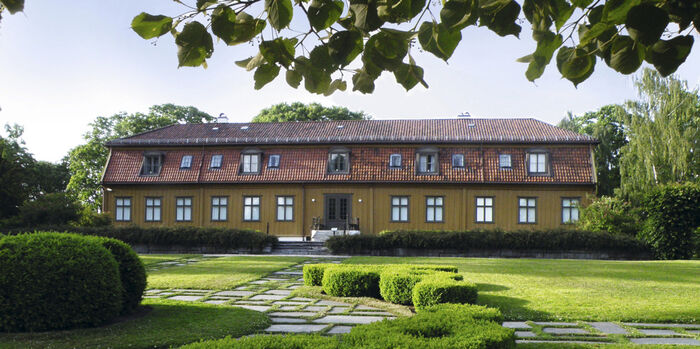
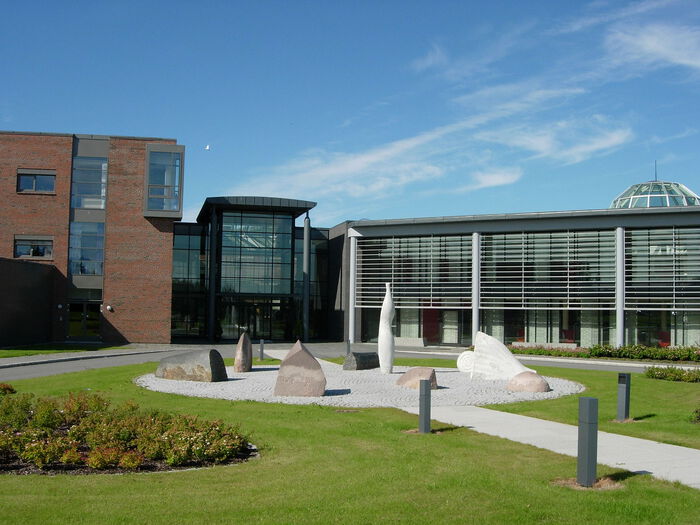
.jpg?alt=listing)

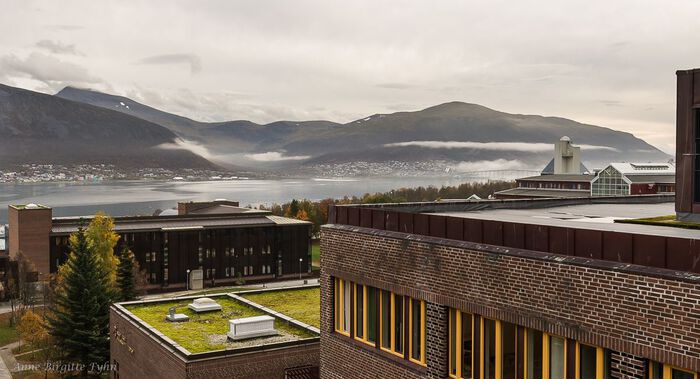

.jpg?alt=listing)

